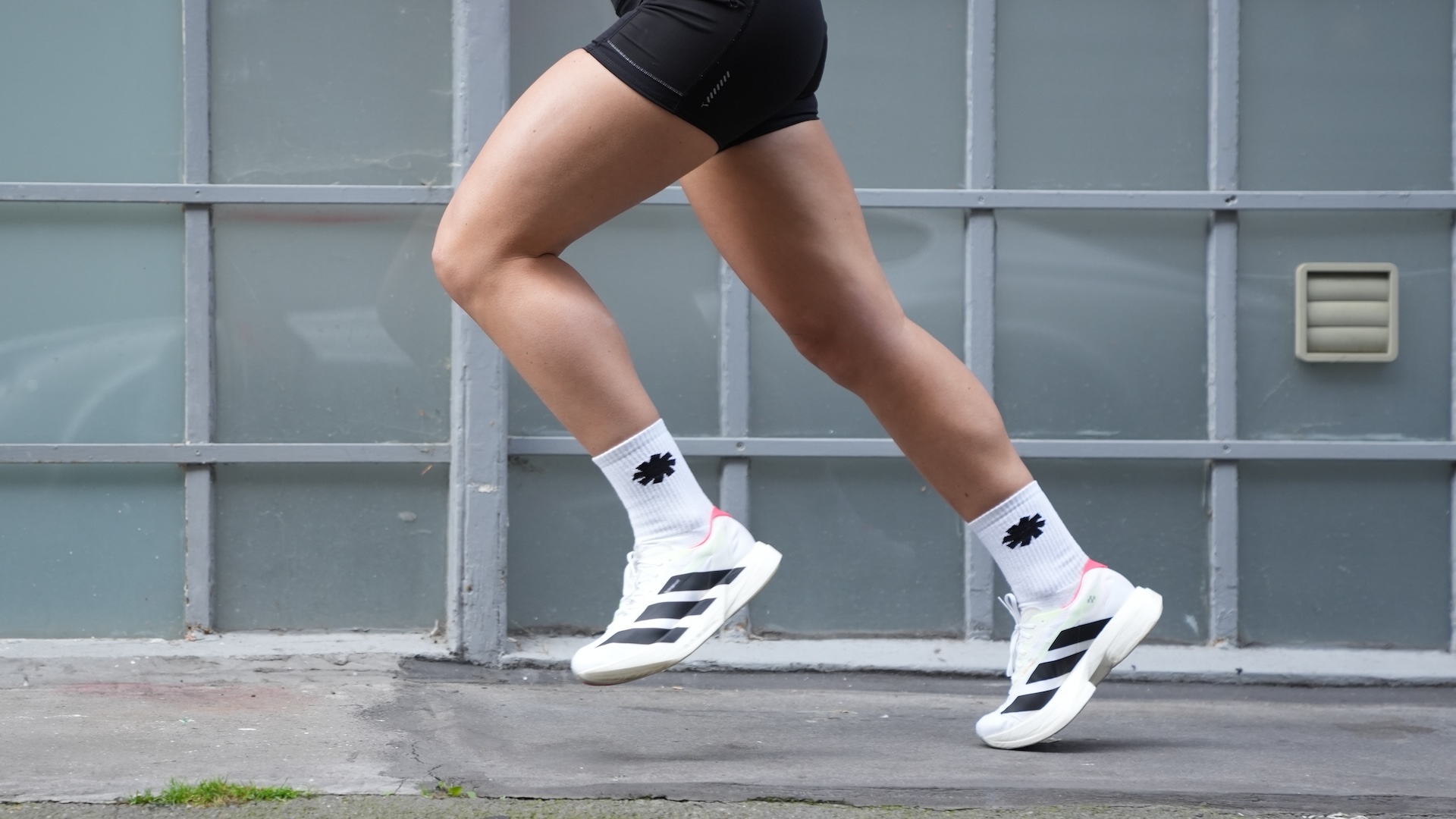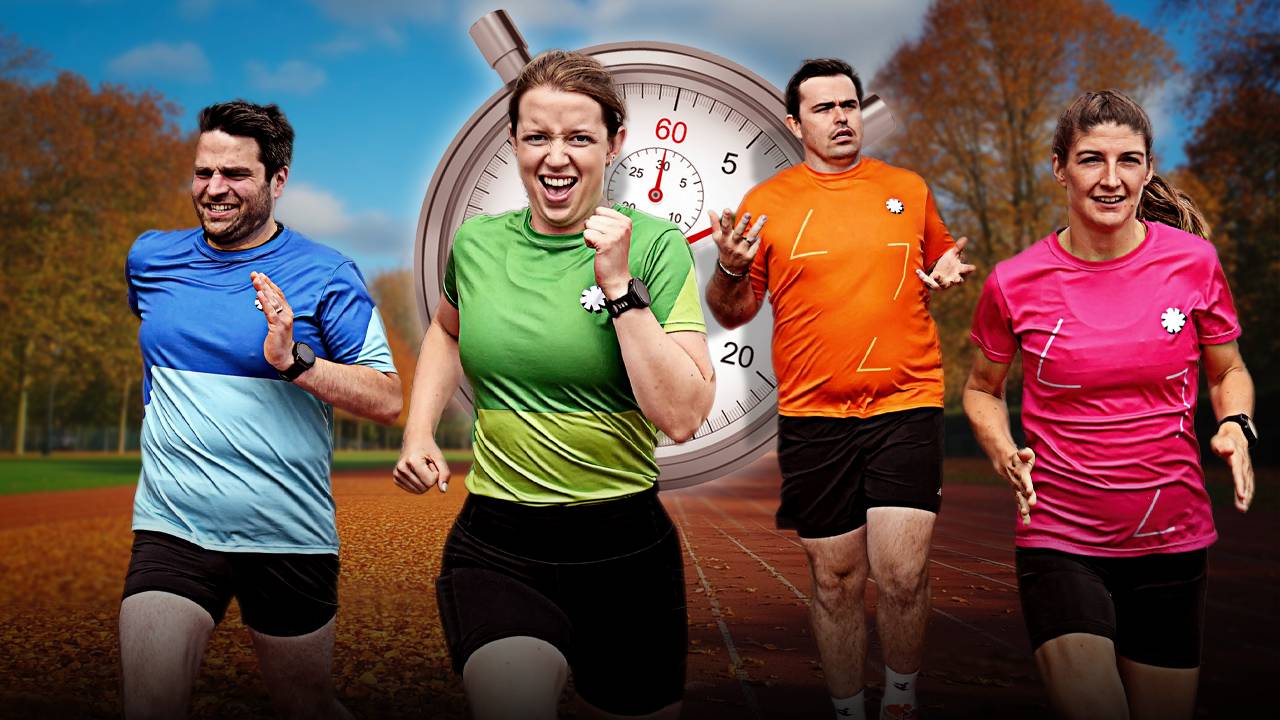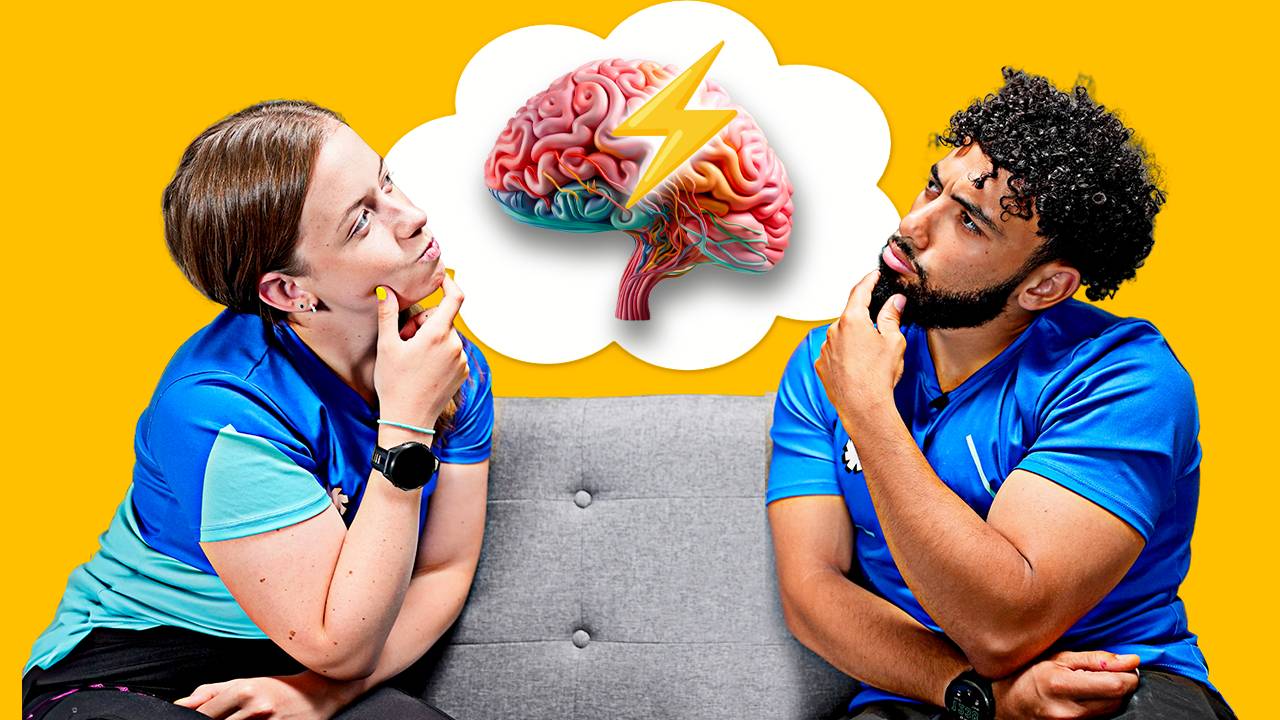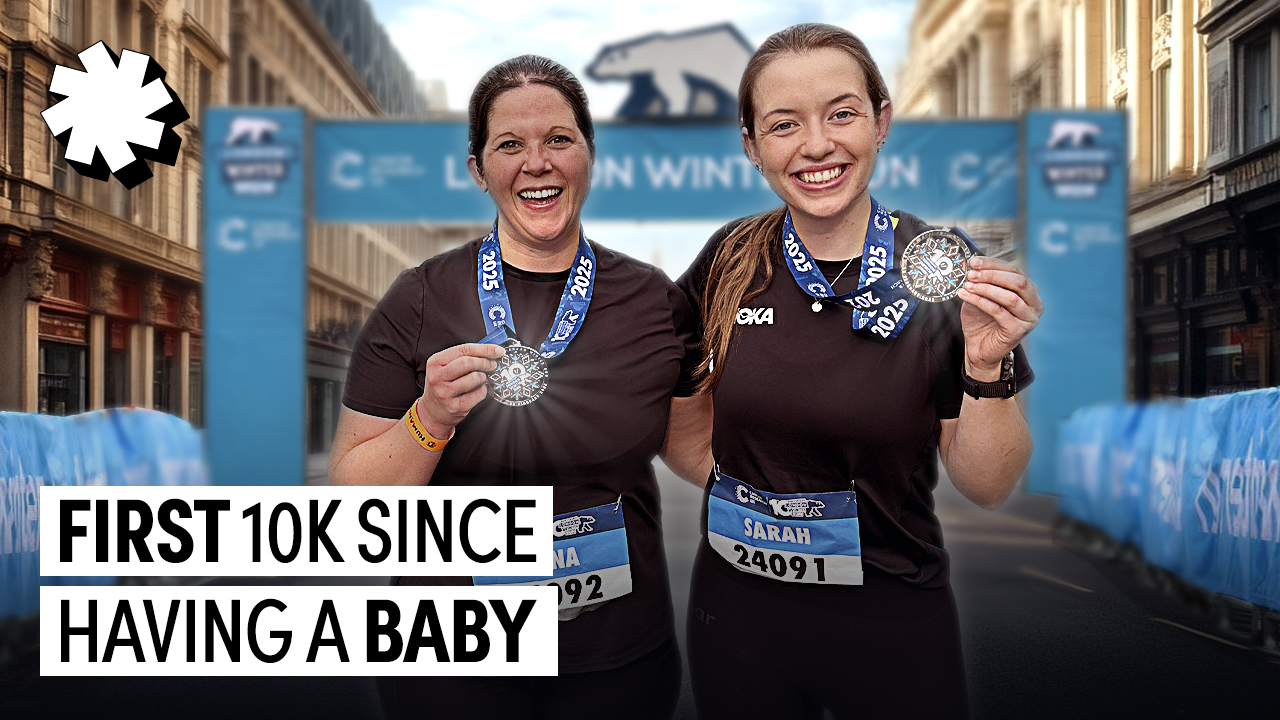How Many Calories Do You Burn When Running?

We burn calories when we run. But how many calories does running burn?
Do we burn more calories when we run faster or slower? Do we burn more calories if it’s hot or cold? And why do we need to be careful to consume enough calories to avoid illness and injury?
Here’s what you need to know about running and calories.
RUNNING & CALORIES
Before we begin, it’s important to state that when it comes to understanding running and calorie burn, it’s helpful to determine why you are running in the first place.
If you are running for performance, then understanding calorie use and refuelling can really help ensure that you are eating enough to help you run better and recover properly. Here at The Running Channel, we’re all about training to hit your personal running goals, and in these circumstances food is the fuel to help you run further or faster.
However, we also know that some people use running as a means towards weight loss, whereby running can help you get into a caloric deficit. If that is the case, then it can be helpful to have a guide on the number of calories burned through running to help achieve your weight loss goals in a safe and sustainable way. More on that later.
WHAT ARE CALORIES?
Calories are a measure of energy. We ‘burn’ calories as energy to perform everything from basic body functions like breathing, sleeping, walking and working, as well as energy to exercise. If we don’t consume enough calories then we can struggle to perform those daily functions.
Each person will use a different amount of calories in a day based on their height, weight, age, activity level, plus external conditions like temperature.
Everyone has a basal metabolic rate which is the amount of calories that our body needs simply to carry out daily activities. It’s calculated based on an inactive day and the average person requires 2000-2500 calories per day (it can be plus or minus around 20% based on body composition). In other words, if you spent 16 hours sitting down watching TV and then eight hours asleep, you’d burn your basal metabolic rate in calories.
To maintain caloric balance, we should aim to consume the basal metabolic rate of calories. But if we’re particularly active, whether through work or exercise, then we should aim to increase the amount of calories that we consume or we will get into a caloric deficit which may lead to inadequate amounts of energy for going about our daily lives.
HOW MANY CALORIES DOES RUNNING BURN?
The average-sized person will burn approximately 100 calories per mile, or 60 calories per kilometre.
So a 5km run burns around 300 calories, and a marathon is over 2,500 calories.
DOES RUNNING FASTER BURN MORE CALORIES?
What do you think burns more calories: running one mile in five minutes or running the same mile in 10 minutes?
The answer is that they burn almost exactly the same amount of calories. The same is true of a person running a marathon in two hours or five hours. The calorie burn is similar.
However, something called Excess Post-Exercise Oxygen Consumption (EPOC), otherwise known as the ‘afterburn effect’, means that after very hard exercise we continue to burn calories for longer compared to an easier effort.
That means that if you were to do a 10km run one day and the next day you were to do a run six by 1km intervals (with 2km warm up and cool down), you’d ultimately end up burning more calories on the second day even though you ran the same distance.
That probably explains why you may feel hungrier after a hard interval session than an easy run.

DO WE BURN MORE CALORIES RUNNING IN THE HEAT OR COLD?
The research on this seems to give us varied results, but either way there doesn’t seem to be any significant difference.
One fact that seems indisputable is that if we are cold, we burn more calories than if we are warm, and that’s because our body tries to warm us up, which requires energy. But like shivering when cold, we sweat when we’re hot and that also uses energy.
But assuming you’re wearing weather-appropriate clothing for your run, you won’t burn more calories in different heat conditions.
That definitely doesn’t mean you should run shirtless in freezing temperatures to burn a few extra calories, as that’s going to be very dangerous and counter-productive. If you really want to burn some extra calories, just run for a few more minutes.
RUNNING AND WEIGHT LOSS
Running is one of the most efficient exercises for burning calories, which can help with weight loss.
Weight loss happens when we burn more calories than we consume in a day. If you want to run to help towards weight loss then you need to approach it as if you’re a new runner or a runner training towards a race goal. You need to gradually increase the amount that you run, and focus on getting enough recovery time between runs. If you don’t do this then you increase your injury risk.
You also still need to focus on good quality nutrition, including the macro nutrients of carbohydrates, protein and fat, plus fruits and vegetables, and stay well hydrated. It’s essential to get the right balance between exercise, nutrition and rest, whether we’re training for performance or for gradual weight loss.
We always need to approach exercise and weight loss with caution or we could have serious health issues.
DON’T GO INTO THE RED-S
We need calories to be able to perform at our best. If we under-fuel, whether intentionally or unintentionally, then we greatly increase our risk of illness and injury because our body doesn’t have the energy it requires to support basic functions.
RED-S, or Relative Energy Deficiency in Sport, is a serious condition where we chronically under-consume calories, which can have a long-term impact on basic body functions. We need energy to be able to run and also to be able to recover.
It’s possible to lose weight through running, but it has to be sustainable and gradual.
DON’T FORGET TO FUEL
Whether your running goal is to get faster or to try to lose some weight, going into each run adequately fuelled is really important.
We need energy to help us to complete the run. If you go into a 10km run without enough energy, then the run could be much harder, could lead to injury or illness, or could mean you have to stop early.
Having a snack before a run can really help your performance, and also your recovery afterwards.
CONSUME CALORIES DURING A LONG RUN
You’ve probably heard of The Wall. It’s a dreaded moment in a marathon when all of a sudden it feels so much harder to run. What’s happened is that your body has run out of energy – it’s like a car that’s run out of gas.
We can store 1500-2000 calories worth of energy, but a marathon burns much more than that, which is why we should consume gels and energy drink during a long run.
Having this additional energy will help you to complete the run and will also mean you don’t feel so depleted at the end of the run. You should take on calories during any run longer than 90 minutes.
REFUELLING AFTER A RUN
It’s important to refuel after a run or after exercise to help recover. Even if you are using running as a way of weight loss or weight management, your body still needs calories to support its basic functions.
On top of your usual daily calories, you should try to consume extra calories based on how much you exercise. So if you do a 10k run, then add around 500-600 extra calories through the day.
You should have carbohydrates and also protein. The carbs replenish the energy you’ve burned, and the protein helps your muscles to recover. Plenty of water will also help you stay hydrated.
Photo by Nathalie Désirée Mottet on Unsplash




























Running News
Will A Woman Run A Four-Minute Mile? Research Says It’s Possible
Tadese Takele And Sutume Asefa Kebede Win The 2025 Tokyo Marathon!
Boston Marathon 2025 Medal Reveal And Celebration Jacket